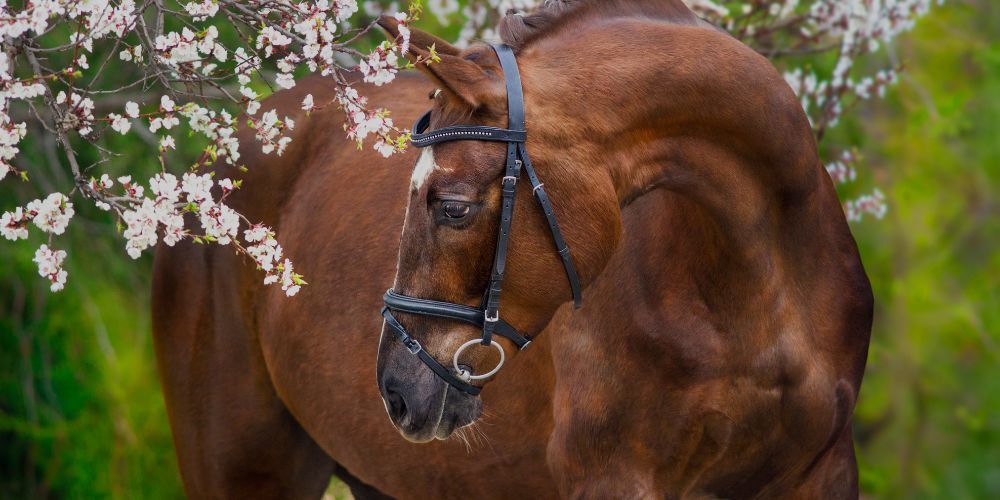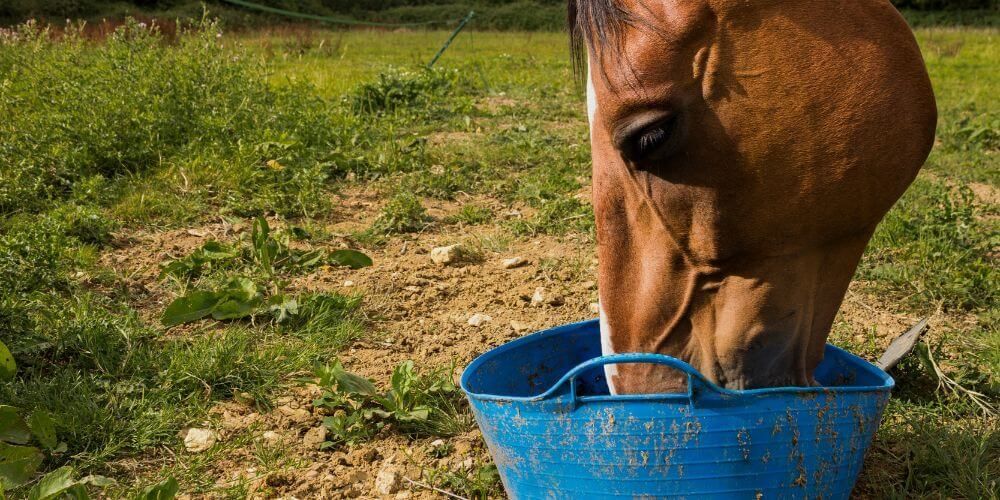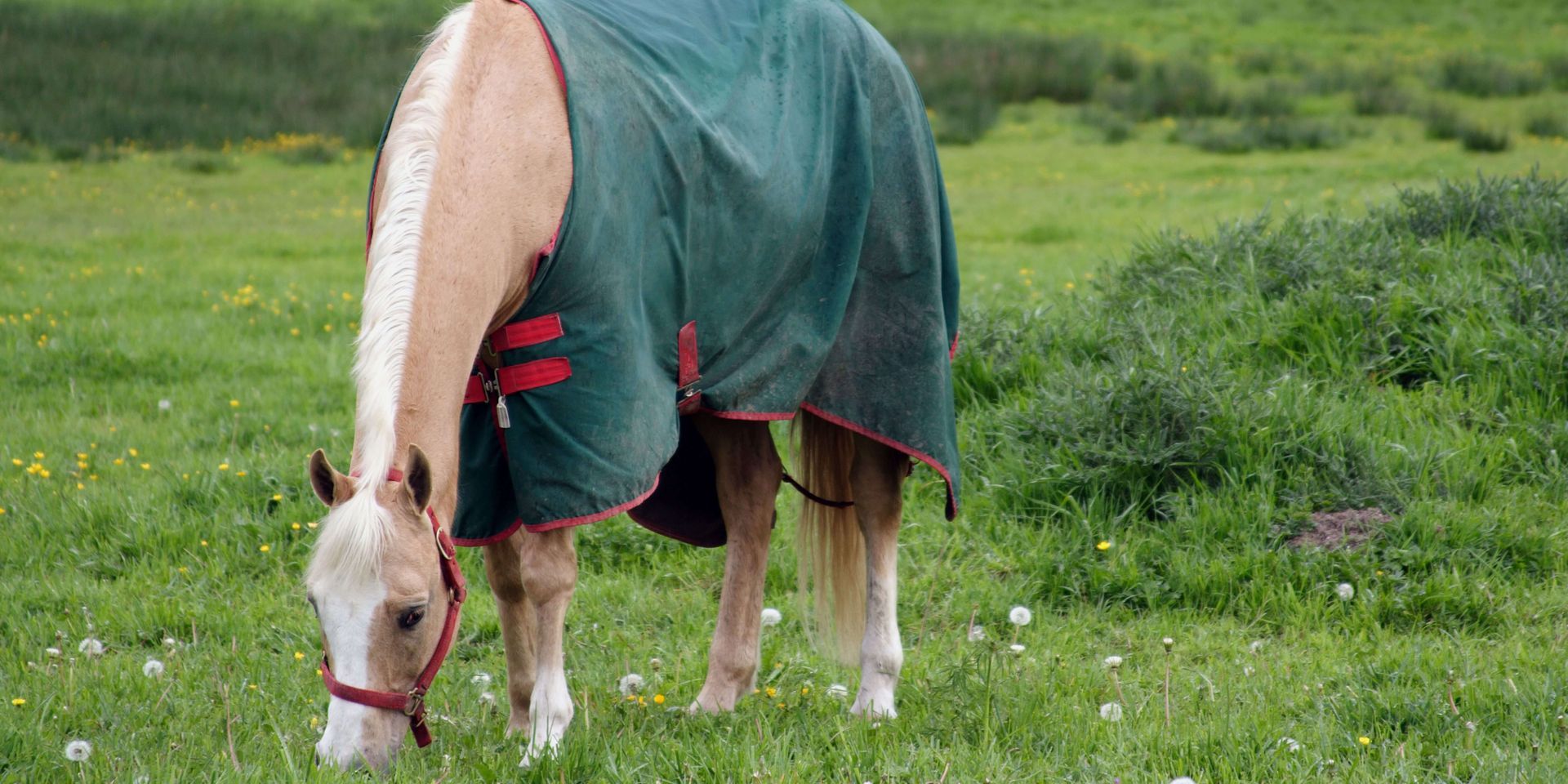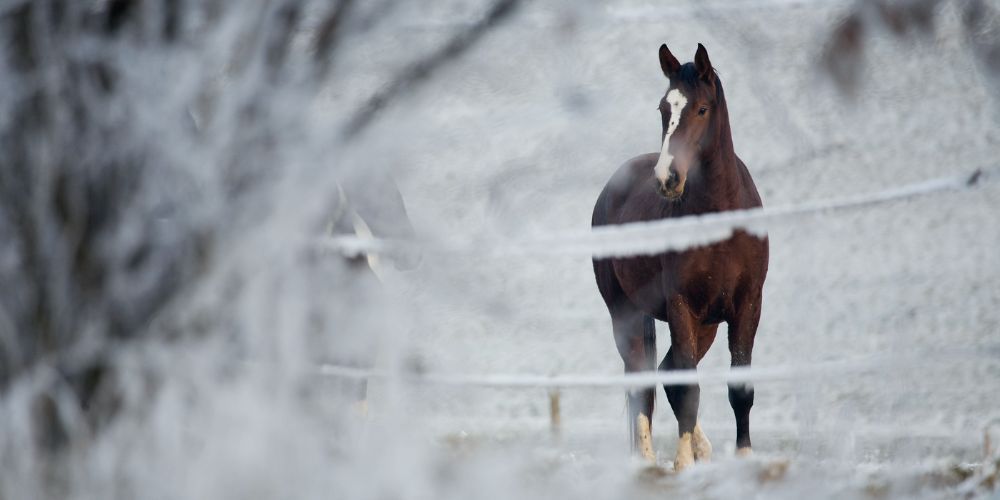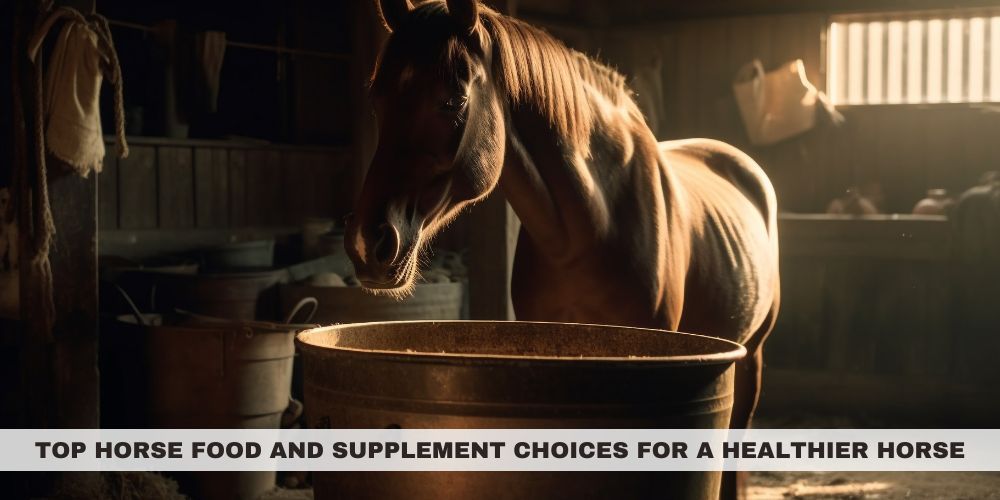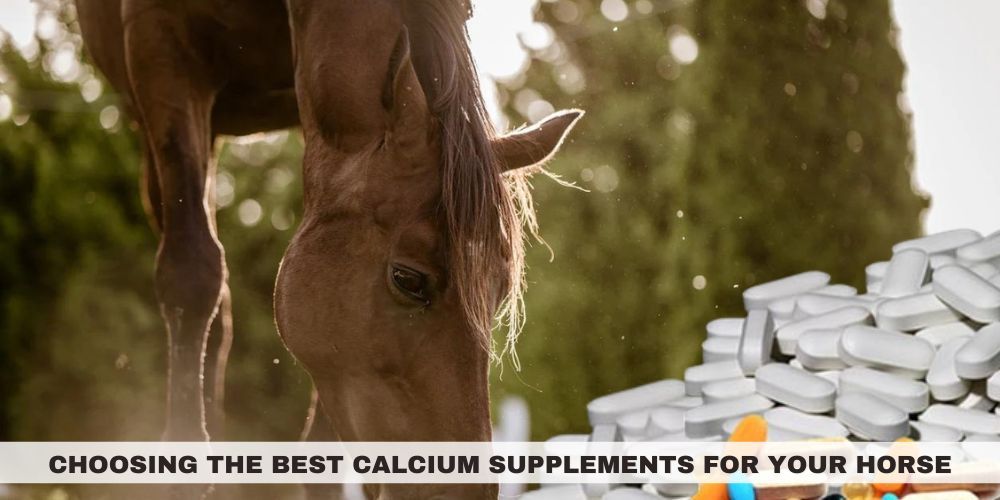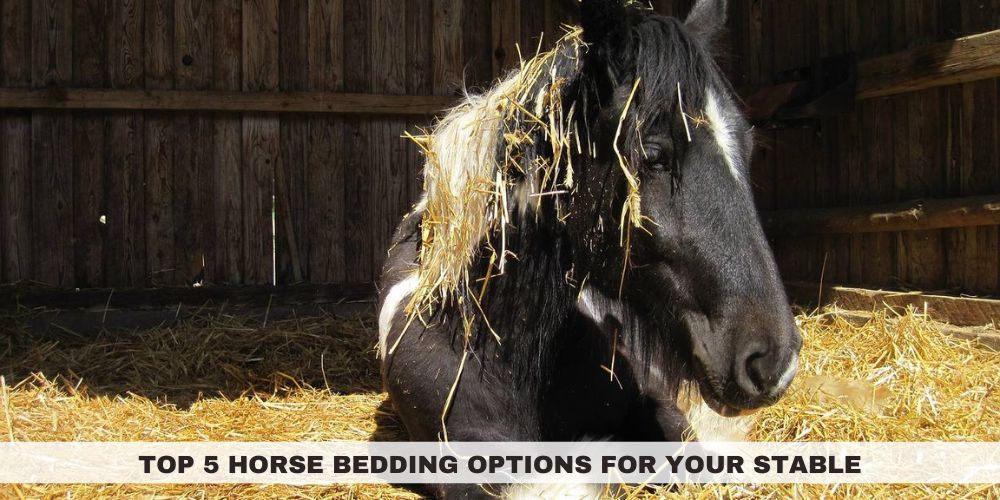Understanding The Most Common Bone Health Issues In Horses
Horses rely on healthy, strong bones to perform at their best and maintain their health. This article discusses some of the most prevalent skeletal disorders in horses-how to avoid or diagnose them early-and best and influential management practices. We shall briefly discuss some bone issues-fractures to osteoporosis-a horse owner or caretaker should know.
We will discuss the role of proper nutrition in this development process, the requirements according to various ages of horses, and some practical measures that can be taken to enhance bone density. By understanding these subject areas, you will learn how to keep your horse healthy, sound, and free of crippling bone maladies.
Preventing Bone Fractures and Injuries in Horses
Preventing bone damage in horses requires good, proactive care and watching the horse's environment, activity levels, and health in general. Bones are strengthened through regular exercise, but overexertion and bad footing increase the risk of injury. Pastures and training areas must be free from hazards such as uneven ground and sharp objects that may cause tripping.
Fittingly designed tack minimizes undue stresses on a horse's body during rides. Nutrition is vital: Ca, P, and vitamin D are necessary for bone strength. Regular veterinary check-ups can guarantee that no problems arise; if they do, they are not severe. Combining all these prevention strategies will safeguard your horse's bones and lessen the chances of injury.
How to Identify Early Signs of Bone Health Problems in Horses
The solution to bone health problems is early detection. Watch for subtle gait changes, reluctance to move, or stiffness. These could indicate pain or some incipient lesion. Swelling or heat over joints and bones could imply an early-stage stress or injury. If the horse's recent work includes a sudden inability to jump well or to carry weight, its condition needs immediate attention.
Early detection of a problem can be noticed simply because of routine palpation of limbs in search of sensitivity or pain. Early recognition of these signs will prevent minor issues from growing into severe problems. Regular veterinary checks, including imaging or bone density scans, will give insight.
The Link Between Poor Diet and Bone Health Issues in Horses
A poor diet can seriously weaken a horse's skeleton, making it more susceptible to injury. Inadequate calcium and phosphorus levels break the critical bone repair and growth ratio. Lack of vitamin D inhibits the absorption of calcium. Overfeeding grain-based diets leads to mineral imbalances, which can contribute to lower bone density over time.
Young, growing horses and pregnant mares are at the highest risk. A properly nutritionally balanced diet, including high-quality forage, appropriate supplementation, and careful rationing of minerals, will help a horse's bones grow strong and healthy. Proper nutrition is the beginning of preventing bone-related disorders in horses.
Top Tips for Maintaining Bone Health and Preventing Damage in Horses
A combination of nutrition, gymnastics, and care will keep the bones of horses healthy. Provide your horse with a diet with appropriate, balanced calcium, phosphorus, and vitamin D levels for maximum bone strength. Provide high-quality forage and consider supplementation if necessary.
Regular, low-impact exercise such as walking or trotting can help maintain bone density and strength. Because young or aging horses' bones are so vulnerable, avoid overworking them. Provide a safe environment with no hazardous objects capable of causing injuries.
How to Manage Bone Health in Horses of Different Ages
Managing horse bone health necessitates dietary and physical approaches at various stages of their lives. Proper nutrition, with adequate calcium and phosphorus, helps to grow healthy, developing foals and young horses. Gentle, controlled exercise is also handy in strengthening the developing skeleton without putting undue stress on immature bones.
Regular, balanced exercise will maintain bone density and strength in mature horses. Older horses risk bone loss, so joint supplementation, weight management, and low-impact activities will be necessary.
Treating and Preventing Osteoporosis in Horses
Treatment and prevention of equine osteoporosis include nutritional support, a regular course of suitable exercise, and attention by a veterinarian. Nutrition A diet rich in calcium, phosphorus, and vitamin D is essential for bone density. Risk factors and causes: Avoid high-grain diets that create mineral imbalances.
Regular and low-impact exercises stimulate bone remodeling, preventing deterioration. For horses that are already affected, supplements to the joints containing either glucosamine or chondroitin, in addition to prescribed medications, may benefit treatment. Frequency of diagnostic imaging through routine veterinary check-ups, therefore, can monitor the bones' health condition and detect early signs of osteoporosis.
The Role of Nutrition in Preventing Bone Problems in Horses
Nutrition provides the vital building blocks for preventing signs of bone problems in horses and can nurture healthy, strong bones. A balanced diet with adequate calcium and phosphorus levels is essential for correct bone building and maintenance. Vitamin D is necessary for calcium absorption, while magnesium and other trace minerals also play a vital role in overall bone strength.
High-quality forage provides the horse's basic requirements, while concentrates and horse bone health supplements can fill nutritional gaps. The diet's excess grain or improper mineral ratios may weaken bones over time. Adequate hydration also allows for many metabolic processes that help to maintain bones. In this way, a planned diet promotes long-term health and durability of the skeleton.
Conclusion
Good bone health is essential in horses to ensure longevity and performance. Thus, nutrition, a proper regimen of exercises, and early problem identification are three key areas an owner should look into to maintain health and mobility in equine animals. It may be prevented or treated with regular veterinary care and appropriate management for age. Rest assured, with
American
Horse Products for all your needs for quality supplements and horse care products. Be ahead of looking after your horses so their bones remain vital for many years.
American Horse Products was launched in 1999. With our 11,000-square-foot store in San Juan Capistrano, American Horse Products offers the largest inventory of English and Western products and feed in Orange County, California.
FOLLOW US
PRODUCTS
SERVICES
CONTACT US
BUSINESS HOURS
Monday - Friday : 10:00 AM - 5:00 PM
Saturday - Sunday 10:00am -4:oop,m
All Rights Reserved | American Horse Product


